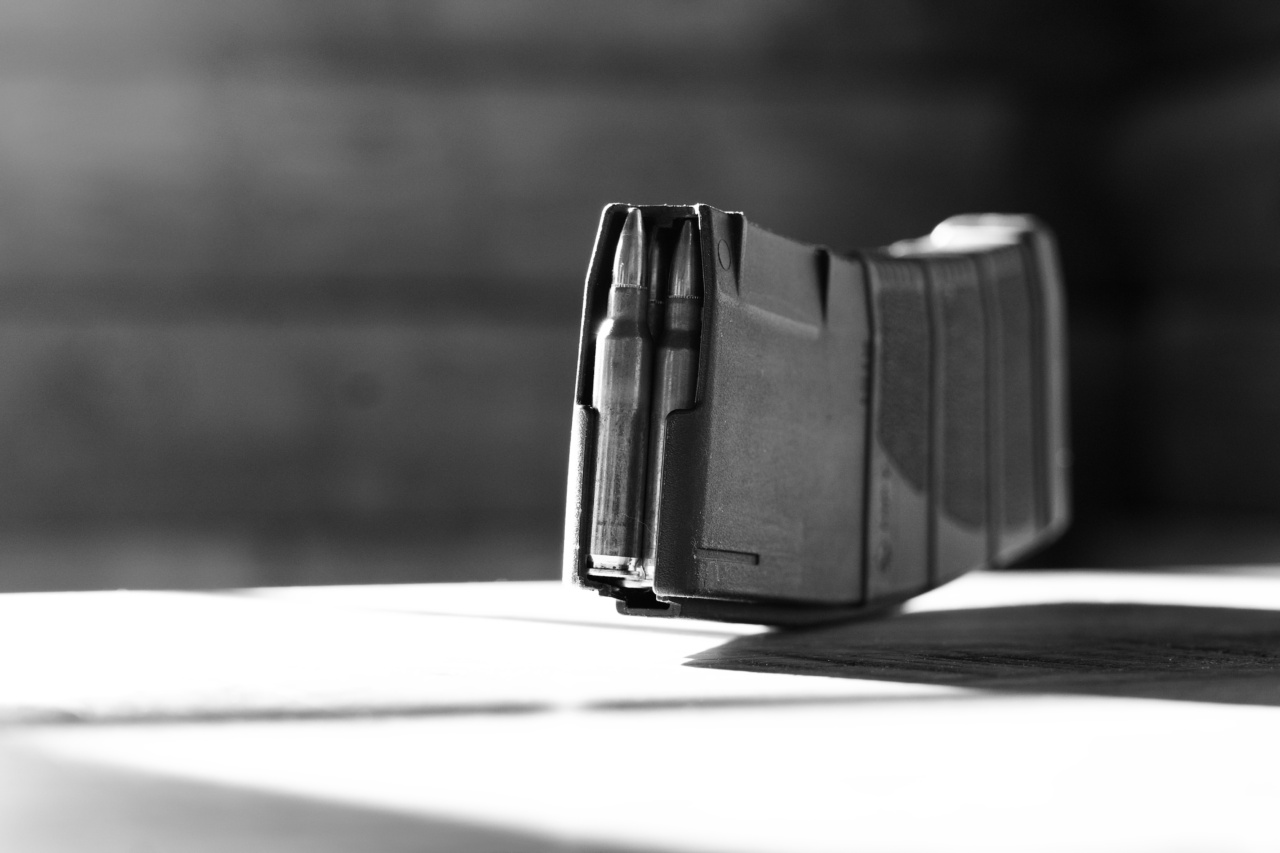Empathy is often regarded as a powerful tool in fostering understanding and connection between individuals. It allows us to recognize and relate to the emotions and experiences of others, encouraging kindness, compassion, and support.
However, there are instances where empathy can be misused and weaponized, leading to negative consequences and manipulation. In this article, we explore the concept of empathy as a weapon and its impact on individuals and society.
Understanding Empathy
Empathy is the ability to understand and share the feelings of another person. It involves putting ourselves in someone else’s shoes, trying to see the world from their perspective, and recognizing their emotional state.
When used appropriately, empathy helps build connections, promote communication, and contribute to healthier relationships.
The Line Between Empathy and Manipulation
Empathy becomes a weapon when it is exploited to manipulate others. In these instances, individuals may feign empathy to gain trust, control, or an advantage over someone else.
Such manipulation can occur in various personal or professional settings, such as relationships, workplaces, or even on a larger societal scale.
One common way empathy is weaponized is through emotional blackmail. Manipulative individuals may use their understanding of another person’s emotions to guilt-trip or coerce them into doing something against their will.
By playing on the empathy of their targets, they effectively manipulate and control the situation for their own benefit.
Additionally, empathy can be weaponized through deceptive emotional displays. Some individuals may pretend to empathize with others to manipulate their emotions or gain their trust.
This can be seen in cases of gaslighting, where a person makes someone doubt their own feelings, memories, or sanity.
The Power Dynamics in Empathy
Empathy as a weapon often thrives in situations where there is an imbalance of power. Manipulators may use empathy as a tool to exploit vulnerable individuals or marginalized groups.
By leveraging their empathetic understanding, they can advance their own agendas, maintain control, or perpetuate harmful systems of oppression.
For example, an authority figure who claims to empathize with subordinates may use their perceived understanding to manipulate or exploit them.
By appearing caring and empathetic, they can maintain their position of power while manipulating the emotions and actions of those under their authority.
Empathy and Emotional Boundaries
Setting emotional boundaries is crucial when dealing with weaponized empathy. It is essential to recognize when empathy is being used against us and assert our boundaries to protect ourselves from manipulation.
Developing emotional intelligence can help individuals understand the motivations behind manipulative behavior and identify when empathy is being used as a weapon.
By honing emotional intelligence, we can become more aware of our own emotions and recognize when they are being manipulated by others.
The Role of Empathy in Healing
While empathy can be weaponized, it is important to remember that it is also a vital component of healing and reconciliation. Genuine empathy promotes understanding, compassion, and growth.
By recognizing and acknowledging the pain and experiences of others, we can work towards resolving conflicts and fostering positive change.
When empathy is used appropriately, it has the potential to bridge gaps, inspire social justice, and create a more empathetic and inclusive society. By harnessing empathy as a force for good, we can counteract the negative impact of weaponized empathy.
Guarding Against Weaponized Empathy
To guard against the weaponization of empathy, societal awareness and education are key. By increasing awareness about the misuse of empathy, individuals can become more vigilant and resistant to manipulation.
Additionally, fostering empathy alongside critical thinking skills can help individuals navigate situations where empathy may be weaponized.
Cultivating the ability to question motivations, analyze power dynamics, and recognize manipulative behaviors will empower individuals to protect themselves and others from the negative consequences of weaponized empathy.
The Path to Empathy as a Force for Good
Recognizing the weaponization of empathy is essential in order to reclaim its positive power.
By acknowledging and understanding how empathy can be used to manipulate and control, we can collectively work towards building a society where empathy is used as a force for good.
Empathy can be strengthened through education, cultivating emotional intelligence, and promoting inclusive dialogue.
By advocating for empathy as a tool for understanding and connection while remaining vigilant against its misuse, we can create a more compassionate and just world.






























